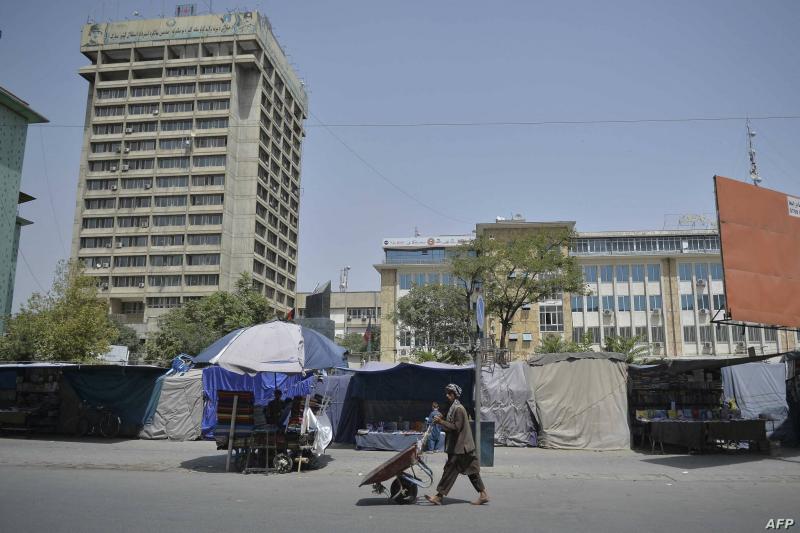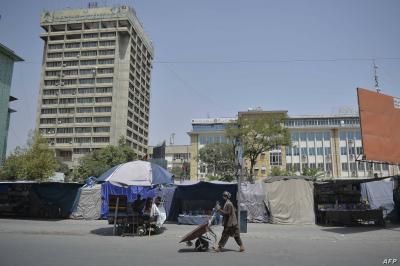Under the title "Cautious Calm Prevails in Kabul: Fear Among Women and Difficulty in Accessing Gas and Cash," the Al Hurra website published a translated news piece highlighting that following the Taliban's takeover in Afghanistan with the withdrawal of U.S. forces, millions of residents in the capital, Kabul, are facing an uncertain transitional phase. The New York Times highlighted aspects of life in Kabul days after the Taliban assumed power, where calm and caution still dominate the capital.
Government services remain largely unavailable, as residents struggle for their daily sustenance in an economy that relied on American aid, which is now in freefall. The rapid ascent of the Taliban has undermined the fragile economy that was heavily dependent on foreign aid. With the halt of monetary flows to Afghanistan from the United States and the International Monetary Fund, the Taliban is left isolated and grappling with a financial crisis.
The American newspaper also points out that banks are closed, cash is becoming increasingly scarce in the country, and food prices are rising, making it difficult to find gas. As the United States continues its large-scale evacuations from Afghanistan, the Taliban has tightened its grip on neighborhoods and streets in the capital, while many residents hide in their homes or venture out cautiously to see what life will be like under the new rulers.
One resident named Maheeb noted that the streets in his neighborhood were deserted, with people gathering in their homes "afraid and terrified." He, along with other unnamed residents for security reasons, expressed that "people feel the Taliban might come at any moment to take everything from them."
Sayed, a government employee in regions housing many Taliban affiliates, remarked on the minimal presence of women who dared to go out wearing burqas that cover their faces. Senin, a 22-year-old university student, shared that Taliban fighters had prevented her from attending school earlier that week. She noted that her two brothers, who worked with U.S. forces, were evacuated from Kabul while she remained with her parents and sister in the country, and that Taliban officials, aware of her family's ties to Americans, threatened and beat her.
Senin described the situation as "intolerable," adding, "All my dreams have vanished." However, some residents see the situation as improved with the Taliban in power, including truck and bus drivers on highways between cities. These drivers praised the removal of dozens of checkpoints where security forces and militias previously extorted bribes from them. Ruhullah, a 34-year-old from Wardak province who drives a passenger bus along the main highway from Herat to Kabul, said, "We are happy with the Islamic Emirate." He added that "with the arrival of the Taliban, our problems have been solved. There are no more harassment from the police or requests for bribery."




